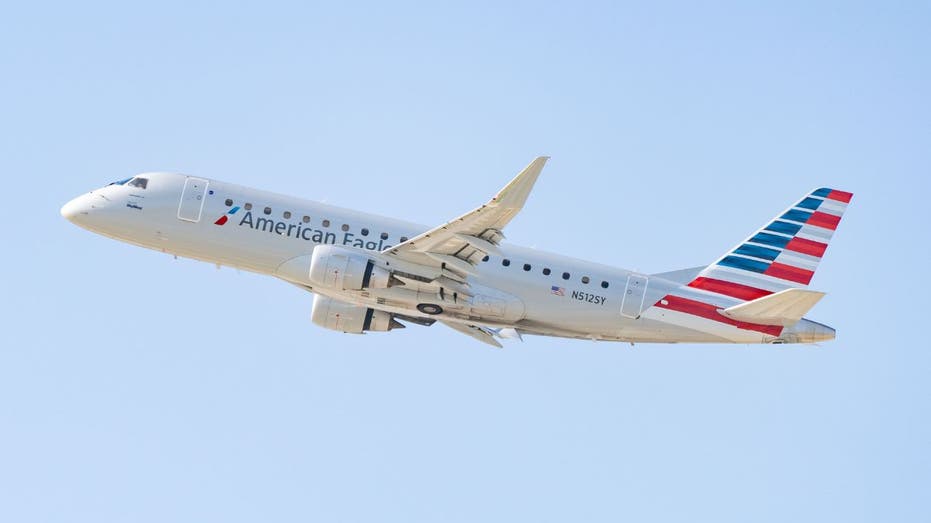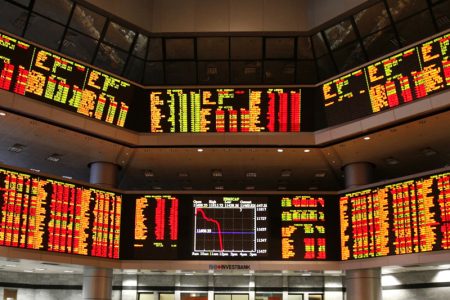The Department of Transportation (DOT) launched an investigation into rewards programs at the four largest airlines over “potential unfair, deceptive, or anticompetitive practices.”
U.S. Secretary of Transportation Pete Buttigieg sent letters to American, Delta, Southwest and United Airlines requiring them to hand over records with detailed information about their rewards programs, practices and policies.
The department is aiming to combat any deceptive or anticompetitive practices that may occur, such as the devaluation of earned rewards, hidden or dynamic pricing and extra fees, as well as reduced competition and choice.
Buttigieg joined the Director of the Consumer Financial Protection Bureau, Rohit Chopra, for a public hearing in May on airline and credit card programs. At the hearing, smaller U.S. airlines expressed some competition concerns as to how rewards programs are leveraged by the largest airlines.
NEW BOEING CEO FOCUSED ON RESTORING TRUST: ‘WE CLEARLY HAVE A LOT OF WORK TO DO’
“These programs bring real value to consumers, with families often counting on airline rewards to fund a vacation or to pay for a trip to visit loved ones,” Buttigieg said. “But unlike a traditional savings account, these rewards are controlled by a company that can unilaterally change their value. Our goal is to ensure consumers are getting the value that was promised to them, which means validating that these programs are transparent and fair.”
Department officials have also met with 11 U.S. airlines to discuss their rewards programs as part of a larger industry review.
The DOT stated that airline rewards points can be earned through purchases made on the airline’s co-branded credit card, flying with the airline or its partners, or other activities specified by the airline or its credit card partner.
These points can then be redeemed for various benefits, such as flights, upgrades, or third-party products and services. With certain programs, customers can also earn elevated status by reaching certain benchmarks such as accruing rewards points.
However, the value of these rewards is determined by the terms and conditions governing their use. Additionally, the DOT noted that many airlines reserve the right to change the terms of their rewards at their discretion.

In October 2023, for instance, Delta Air Lines CEO Ed Bastian announced that the carrier would update its frequent flyer program after it instituted changes that made it harder to achieve 2025 elite status, which infuriated loyal customers.
DELTA HIT WITH CLASS-ACTION LAWSUIT OVER REFUNDS FOLLOWING CROWDSTRIKE OUTAGE
Delta Air Lines told FOX Business that member loyalty “means everything to us, and providing a meaningful rewards experience is the top priority within Delta’s SkyMiles Program.”
Delta and United said they received the DOT’s inquiry and will respond accordingly.
American, Delta and United deferred all other comments to industry trade group Airlines for America. Southwest Airlines has not immediately responded to FOX Business’ request for comment.

Airlines for America, which represents major U.S. carriers including American, Delta, United and Southwest, told FOX Business in a statement that “consumers have the power of choice when selecting an airline for a trip, and carriers want to reward travelers for their return business and brand loyalty.”
The group said that there is “fierce competition among airlines” and claimed that “U.S. carriers are transparent about these programs, and policymakers should ensure that consumers can continue to be offered these important benefits.”
In May, the Consumer Financial Protection Bureau reported that there were 1,200 complaints involving credit card rewards in 2023, an increase the agency said, represents a 70% increase over pre-pandemic levels.
Fox Business learned that nearly 70% of Americans have some type of rewards credit card, over 235 million people, so the overall number of complaints relative to the number of cards owned is only 0.0005%.
The report also noted that the average value of rewards earned has increased from 1.4 cents per dollar spent in 2019 to about 1.6 cents in 2022, “as issuers reported increased rewards spending to incentivize applications and grow balances.”
Read the full article here











